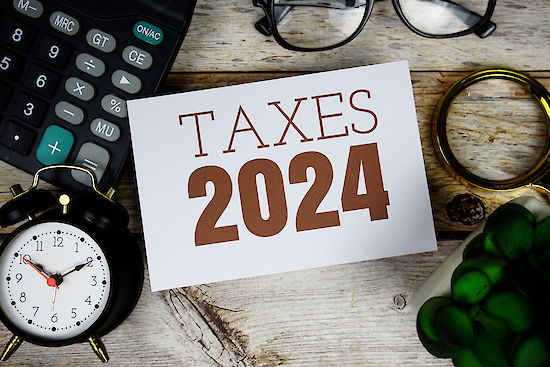
Roth vs. Traditional 401(k): Which One’s the Smarter Move for Your Future?
Navigating retirement savings options can feel like decoding jargon, but when it comes to Roth versus Traditional 401(k)s, the choice boils down to one core question: when do you want to pay taxes: today, or decades from now? At EFS Advisors, we help you weigh the pros and cons so your decision supports both your retirement goals and your values.
1. What’s the Difference?
- Traditional 401(k):
- Contributions are made pre-tax, which lowers your taxable income today.
- Withdrawals in retirement are taxed as ordinary income.
- Required Minimum Distributions (RMDs) begin around age 73.
- Contribution limits for 2025: up to $23,500, plus additional catch-up contributions ($34,750 total for ages 60–63).
- No income limits—you can contribute regardless of your earnings.
- Roth 401(k):
- Contributions are made after-tax, meaning no immediate tax break.
- Withdrawals in retirement are tax-free (both contributions and earnings, if qualified).
- No RMDs, allowing more flexibility and potential legacy planning.
- Contribution limits for 2025 are the same as Traditional 401(k)s.
- No income limits. As long as your employer offers a Roth option, you can contribute.
2. Why a Roth 401(k) Might Be a Smart Move Today
- Expecting Higher Future Taxes? Pay Less Now.
- If you believe tax rates will rise, or that your income will grow, paying tax now could mean more peace of mind later.
- No RMDs Means More Flexibility (and Legacy Potential).
- With no forced withdrawals, you can let your investments compound longer and even leave them untouched for your heirs.
- Helpful for Heirs and Planning Around Social Security.
- Roth balances don’t count toward taxation of Social Security benefits and may lower Medicare premiums—another reason Roth can be a strategic choice.
3. When Traditional 401(k) Still Makes Sense
- In a High Tax Bracket Now, and Expecting to Be Lower Later
- If you think your retirement tax rate will be lower than your current bracket, a Traditional 401(k) could mean more immediate savings.
- Cash Flow Considerations
- The upfront tax break could ease financial pressure now, especially if you’ve got high-interest debt or tight monthly budget.
4. Not a One-or-the-Other Game
Consider splitting contributions between both. Many financial professionals—and EFS Advisors included—recommend diversifying between Roth and Traditional 401(k) savings. That way, you can strategically manage your withdrawals and taxes over time.
5. EFS Advisors’ Perspective
At EFS, we go beyond “which is better?” to help you:
- Frame your tax strategy—today and tomorrow.
- Project your future income and tax scenarios to tailor your plan.
- Optimize your legacy planning, helping your wealth support your values and loved ones.
Bottom Line
Choosing between Roth and Traditional 401(k) isn’t just about taxes. It’s about timing, flexibility, and legacy. If you're aiming for tax-free income in retirement and more strategic flexibility, Roth is compelling. But if today’s cash flow or currently high tax rate matters more, Traditional may still serve you better.
Ready to make the right choice for your future? Reach out to us today to find an advisor, or connect with your current EFS advisor, to revisit your retirement plan with confidence.











